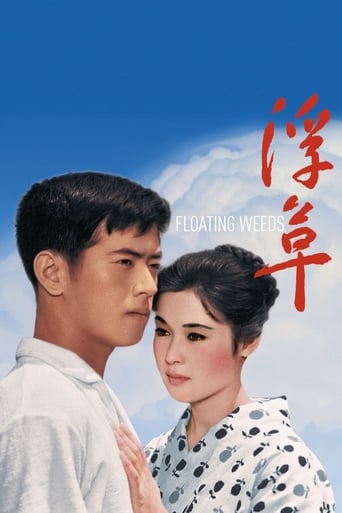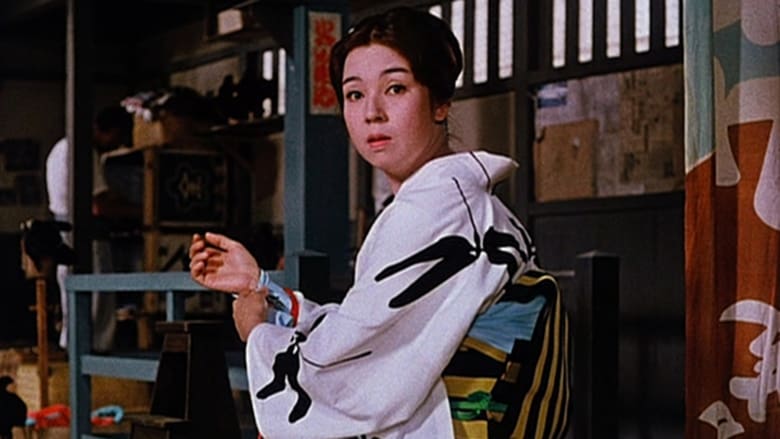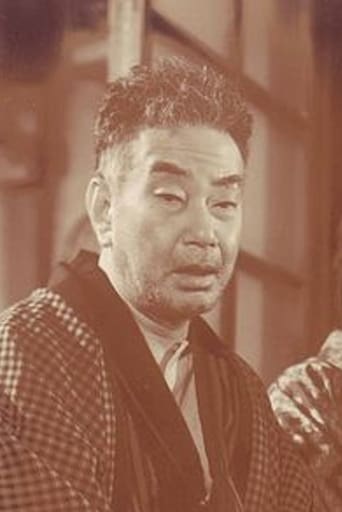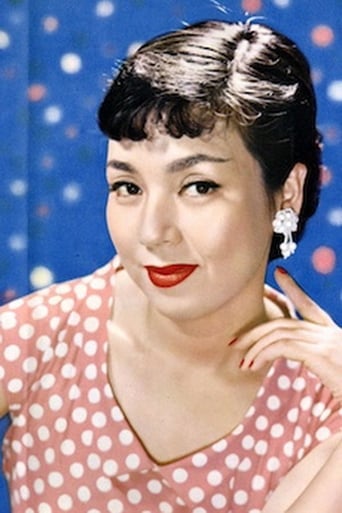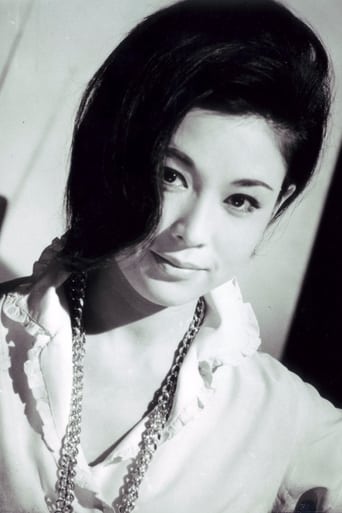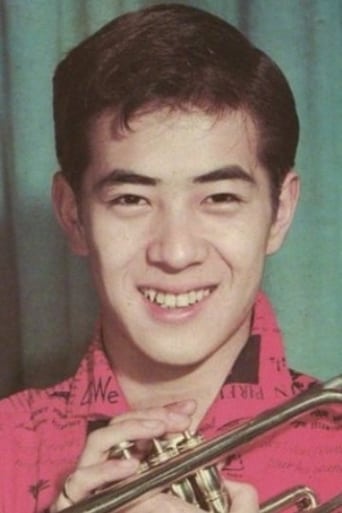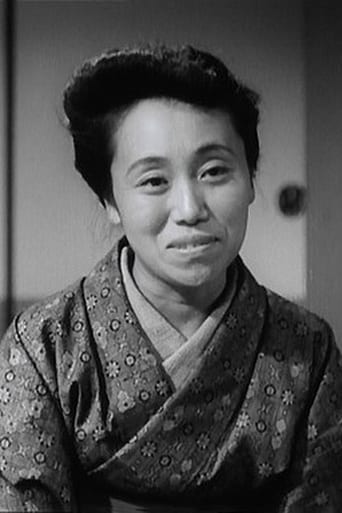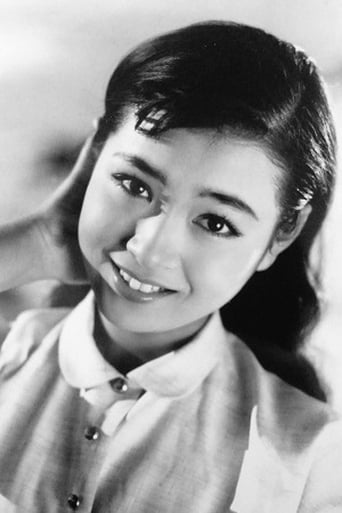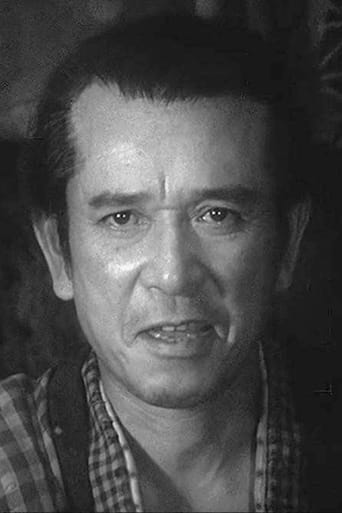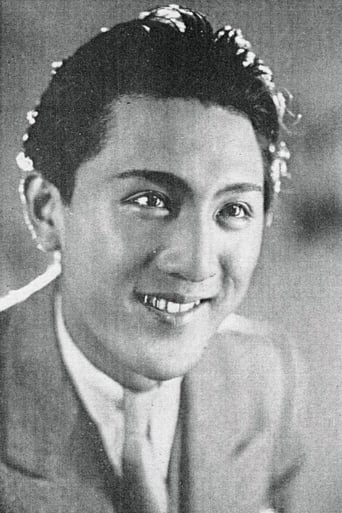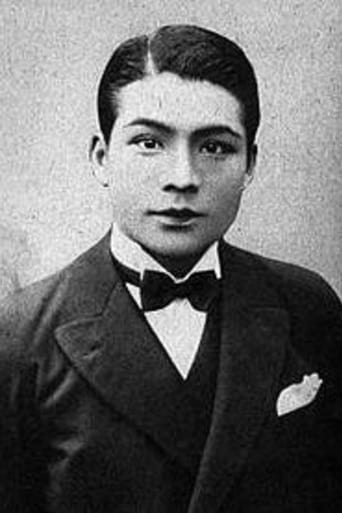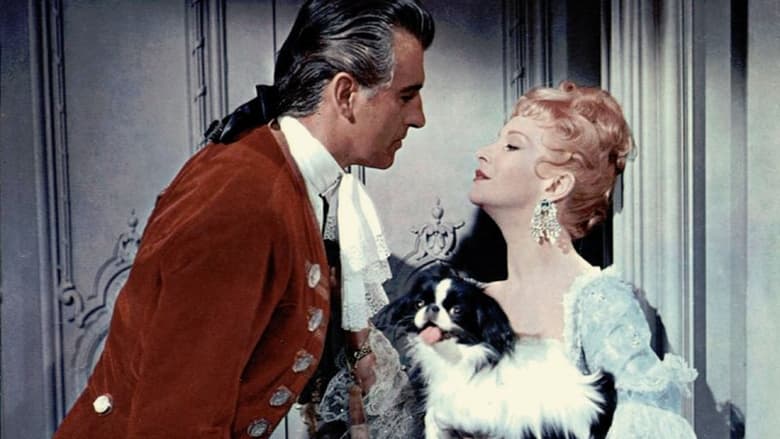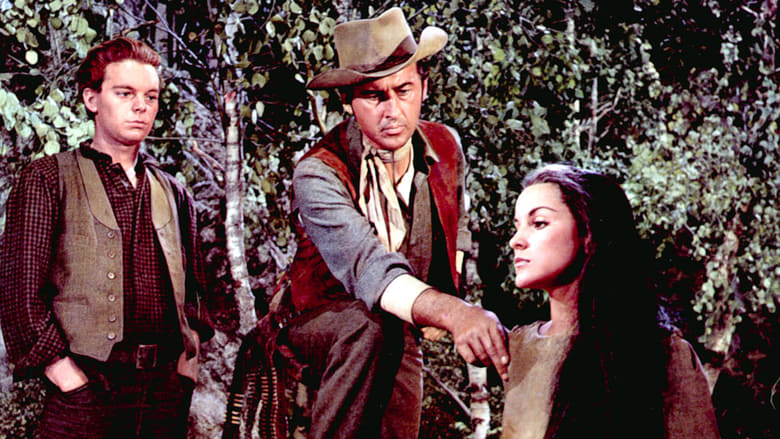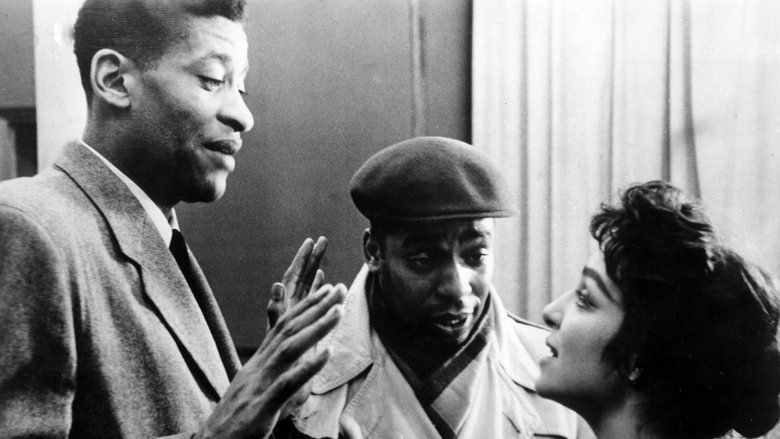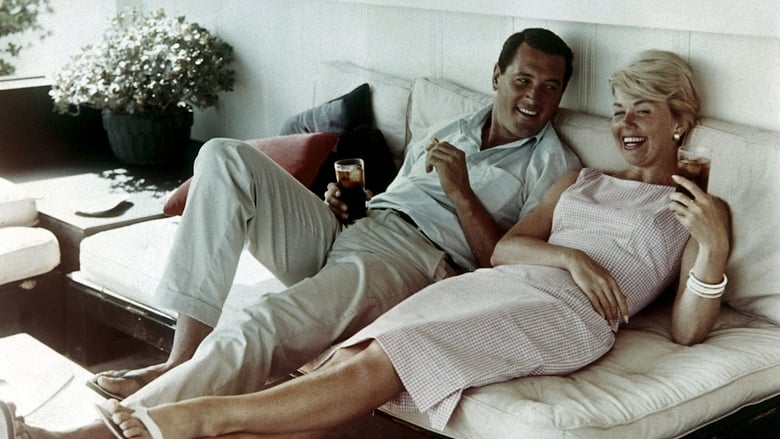When a theater troupe's master visits his old flame, he unintentionally sets off a chain of unexpected events with devastating consequences. A remake of Ozu's own silent film The Story of Floating Weeds (1934).


Similar titles

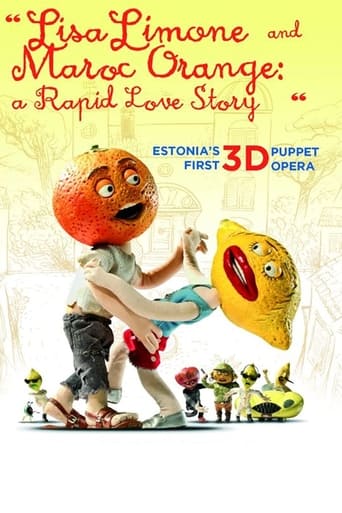
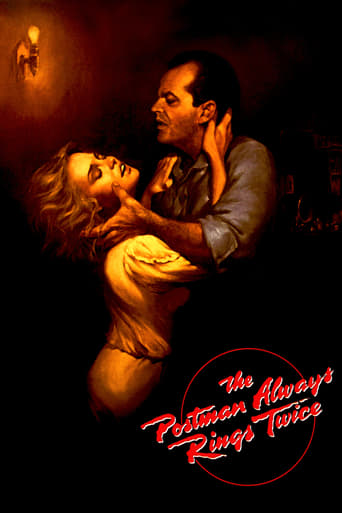
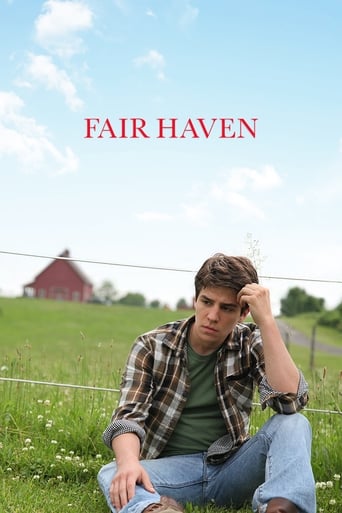

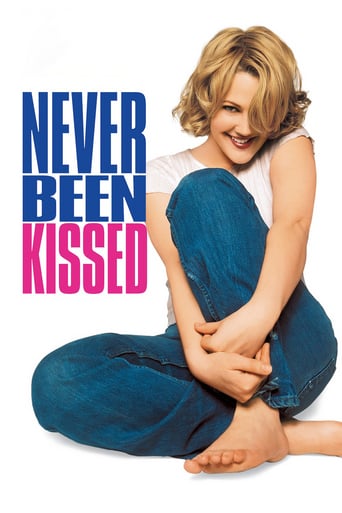


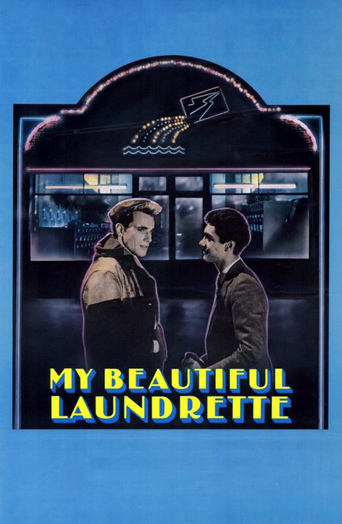
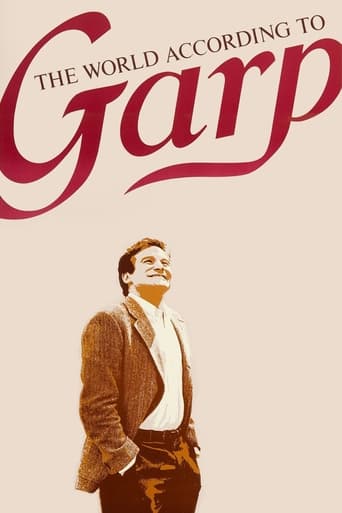
Reviews
FLOATING WEEDS -- OZU 1959. image1.jpego Revival viewed at the Encore Theater in Hollywood, in 1975 on a double bill with Kurosawa's Dlodeskaden. Original review published in Rafu Shimpo, Los Angeles Japanese daily newspaper. Film number two of the evening, truly a stroke of programming genius, was Ozu's virtually unknown 1959 masterpiece "Floating Weeds" (Ukigusa). Also in color this is one of Ozu's most powerful films, yet, for some strange reason it has never been shown in this country outside of museums or obscure college series screenings. The film stars Ganjiro Nakamura, a remarkable actor of Kabuki background and one of the great old men to be seen on film. Ganjiro is the eternal "sukebei" -- the lovable, strong-willed "dirty old man" -- a role in which he has no peer. In this picture he has two mistresses, a young one, Machikyo Kyo (of Rashomon and Ugetsu fame) who is an actress in his traveling Kabuki troupe, and an older one played by Haruko Sugimura, who is surely one of the best actresses of all time, anywhere. In addition he has a daughter, Ayako Wakao, by mistress number two, and thoroughly disapproves of her boy friend (Hiroshi Kawaguchi). At the time Wakao was Daiei's reigning female box office star, with her fresh ravishing beauty and all around radiance. Here she is paired with the dominant Japanese actress of a decade earlier, Kyo, who was still very attractive and still going strong. The film deals with the conflicts arising out of these relationships and the resulting effect on the career of the old actor. The confrontation between mistresses Machiko and Haruko with Machiko screaming her defiance at the old man, who has just thrown her out into a driving rain storm, is one of the most powerful scenes in the entire, normally gentle, Ozu repertoire. This film, a major Daei release of 1959, lensed by master cameraman Kazuo Miyaguchi and produced by legendary film mogul Masaichi Nagata, is truly a neglected gem not to be missed if it ever comes your way. NOTE: This film was the enhanced supercharged remake of Ozu's own prewar Black and white Ukigusa, which came out in 1934. The name Wakao means "Young Tail" !
This was a lovely little Japanese film about an acting troop's visit to a small town. One of the troop's members is an older man who fathered a child in this town many years ago and it has remained a secret. His arrival is greeted by the boy and his mother as a visit from an uncle, not his father. These relationships and the relationship between the man and other women in the troop are interesting. While not the very best Japanese film I've seen, the acting and direction are excellent and this film is well worth your time. However, it is possible that SOME may find the ending somewhat unsatisfying, though I did not feel that way. In other words, the typical Hollywood-style ending is NOT what you get from this movie.This film was originally made by Ozu in 1934--though oddly this version is silent. And the original is nearly identical in many, many ways. Because of this, I actually preferred the remake, though both are well worth seeing.
In a week I saw this movie three times. Why? Because its charm really got me, it should get you too! Set on an small island in the warm southern Japan summer, a struggling kabuki troupe comes by boat to stay there for a few shows. They actually stay much longer than that because the leader of the troupe has some personal matters here.The characters in this movie felt so real its as if I know them. And I think back on them fondly. I and the cynic, but unexperienced son (was it Kiyoshi?), the jealous femme fatale Sumiko, the lovely mother of Kiyoshi, the sweet flower Oyoshi and the others are almost like friends. Ozu succeeds in getting the very best out of the actors so they cease to be actors. Best is Kyô Machiko as Sumiko and Nakamura Ganjiro as the troupe leader. I am not all convinced on Kiyoshi though, esp. during the Sumiko confrontation.Stylistically this is a perfect film. Camera is fixed in well composed shots and we get to mediate on the surroundings and the people and let it all sink in. Look out for the quarrel scene, its simply one of the most powerful scenes I've seen.Music carries the feelings in the movie even if its just too simple songs (that I remember). The heat is felt and I'm there sweating with them.Some noted that this is good soap opera, I disagree, this is drama of the highest order, the kind of drama you don't see much in movies at all. This was my first Ozu, and its not everybody's favourite it seems, still its hard to surpass this..
Komajuro Arashi and his acting troupe arrive in a small fishing village on the coast of Japan. Komanjuro goes to visit a woman who runs a sake bar, and who, we learn, is a former lover, and with whom he fathered a child, though the child is unaware of this fact and believes him to be his uncleTheir son, Kiyoshi, has just finished high school, and Komanju comes to see him as much as his former lover. He hopes that Kiyoshi will be able to become something in his life and not end up like Komanju himself, a washed-up actor drawing small crowds for his failing samurai productions.When Komajuro talks with his gorgeous young son, we can see the excitement in his eyes, in his face. The acting here is all rather flat, or better, it's reserved. (Ozu adds a little joke to this later in the film, when on a fishing boat Kiyoshi accuses his father of being "too muggy" in his performance.) This adds to the impact of the few emotional (and physical) outbursts later in the film.The conflict in the film is that of Komajuro's double lives. When his current mistress, Miss Sumiko -- a jealous and conniving witch of a woman -- discovers that he's been seeing some other woman, she's enraged, and plots what she believes will be his sort of downfall. By hiring a young woman, Kayo, to seduce Kiyoshi and embarrass Komajuro, she plans on making the two seem like different generations of the same person, both relating with unimportant actresses, thereby ruining Komajuro's hopes of his son becoming somebody important.Unlike most, Ozu is an auteur because of what he doesn't do. His unmoving camera, which is famous, sits placidly, observing the characters with interest. I do sometimes wish that the camera would move around curiously, interested in the conversations of the characters, but maybe Ozu's point was that his camera is (or we should be) too interested to move, and that the events of everyday life need not be jazzed up for entertainment purposes. (He seems to mock this idea when he has Komajuro say to Kiyoshi about his plays that, basically, modern audiences can't appreciate good drama.) The entire film is restrained; on the rare occasion when people cry, they cover their faces and softly whimper.The ending shot of a dark blue sky, with red lights from a rolling train, reminds us that whether it's 2003 in North America or 1959 in a small Japanese fishing village, we're all the same people with the same problems.In and of itself, the film is terrifically simple: a simple story, with simple acting, simple music, and made even more simple by the simplicity of the static camera. But what makes the film something special, rather than just some family drama, is the honesty. Ozu isn't after anything big here. Any enlightenment comes from Ozu's realization that the most important conflicts are in the home, the ones no one sees, the ones we all feel.****
